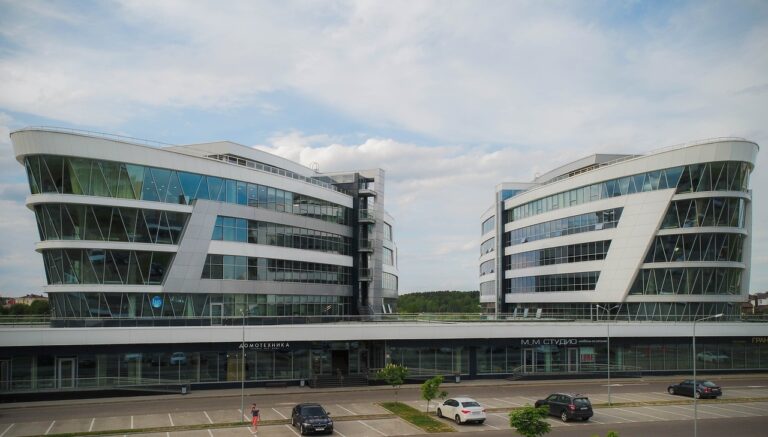The Future of Shared Mobility and Car Manufacturing: 99exch.com login, Laser247. Com, Yolo247 login
99exch.com login, laser247. com, yolo247 login: The future of shared mobility and car manufacturing is an exciting and rapidly evolving landscape that is shaping the way we get around and how vehicles are produced. With advancements in technology, changes in consumer behavior, and growing concerns about the environment, the automotive industry is experiencing a significant shift towards shared mobility solutions and sustainable manufacturing practices.
Shared mobility, which includes services like ride-sharing, car-sharing, and bike-sharing, is gaining popularity as an alternative to traditional car ownership. With the rise of companies like Uber, Lyft, and Lime, more and more people are opting to use these services instead of owning a car. This trend is driven by the convenience, cost-effectiveness, and environmental benefits of shared mobility. It allows users to access transportation when they need it without the hassle of maintenance, parking, and insurance associated with owning a vehicle.
On the other hand, car manufacturing is also undergoing a transformation as automakers are adapting to meet the demands of a changing market. With the shift towards electric vehicles (EVs) and autonomous driving technologies, car manufacturers are investing heavily in research and development to stay competitive in the industry. Companies like Tesla, Toyota, and Volkswagen are leading the way in producing electric cars that are not only environmentally friendly but also technologically advanced.
As shared mobility continues to grow in popularity and car manufacturers embrace new technologies, the future of transportation is looking bright. Here are some key areas to watch in the coming years:
1. Electric Vehicles (EVs): With concerns about climate change and air pollution on the rise, electric vehicles are becoming more mainstream as consumers look for cleaner alternatives to traditional gas-powered cars. As the infrastructure for charging stations improves and battery technology advances, EVs are expected to become more affordable and practical for everyday use.
2. Autonomous Driving: Self-driving cars are no longer a thing of the future as companies like Google, Tesla, and Uber are testing autonomous vehicles on the roads today. These technologies have the potential to revolutionize the way we travel and could significantly reduce accidents caused by human error. However, there are still regulatory and safety challenges that need to be addressed before autonomous vehicles become widespread.
3. Mobility as a Service (MaaS): The concept of Mobility as a Service is gaining traction as a convenient and cost-effective way to access different modes of transportation through a single platform. With MaaS, users can seamlessly switch between public transit, ride-sharing, bike-sharing, and more, making it easier to get around without owning a car. This approach promotes sustainability, reduces traffic congestion, and improves access to transportation for all.
4. Sustainable Manufacturing: In addition to changing how we use vehicles, the automotive industry is also focusing on sustainable manufacturing practices to reduce its environmental impact. Companies are investing in renewable energy sources, recycling materials, and producing more energy-efficient vehicles to minimize their carbon footprint. By adopting these sustainable practices, car manufacturers are not only doing their part to protect the planet but also appealing to environmentally conscious consumers.
5. Connectivity and Mobility Solutions: The future of transportation is interconnected, with vehicles communicating with each other and with infrastructure to optimize traffic flow and enhance the overall transportation experience. From connected cars to smart cities, technology is being used to create more efficient and seamless mobility solutions that benefit both individuals and society as a whole.
6. Collaborative Partnerships: With the rise of shared mobility services and the complexity of new technologies, collaboration between different stakeholders in the industry is essential for driving innovation and progress. Automakers, tech companies, governments, and urban planners need to work together to create a sustainable and integrated transportation system that meets the needs of a rapidly changing world.
In conclusion, the future of shared mobility and car manufacturing is bright and full of possibilities. As technology continues to advance, consumer preferences shift, and environmental concerns grow, the automotive industry is evolving to meet the demands of a changing world. By embracing electric vehicles, autonomous driving technologies, Mobility as a Service, sustainable manufacturing practices, connectivity solutions, and collaborative partnerships, we can create a more efficient, eco-friendly, and accessible transportation system for everyone. The future is exciting, and we can’t wait to see what lies ahead for the world of mobility.
—
**FAQs**
1. What are the benefits of shared mobility?
Shared mobility offers a range of benefits, including cost savings, convenience, reduced traffic congestion, lower environmental impact, and increased access to transportation for all.
2. Are electric vehicles really better for the environment?
Yes, electric vehicles produce zero tailpipe emissions and are more energy-efficient than traditional gas-powered cars, making them a cleaner alternative for the environment.
3. How safe are autonomous vehicles?
Autonomous vehicles are designed to be safer than human-driven cars as they eliminate human error, which is a leading cause of accidents. However, there are still concerns about the technology’s safety and regulatory issues that need to be addressed.
4. How can I participate in shared mobility services?
You can participate in shared mobility services by downloading mobile apps for ride-sharing, car-sharing, bike-sharing, or public transit and signing up for an account to access these services in your area.







